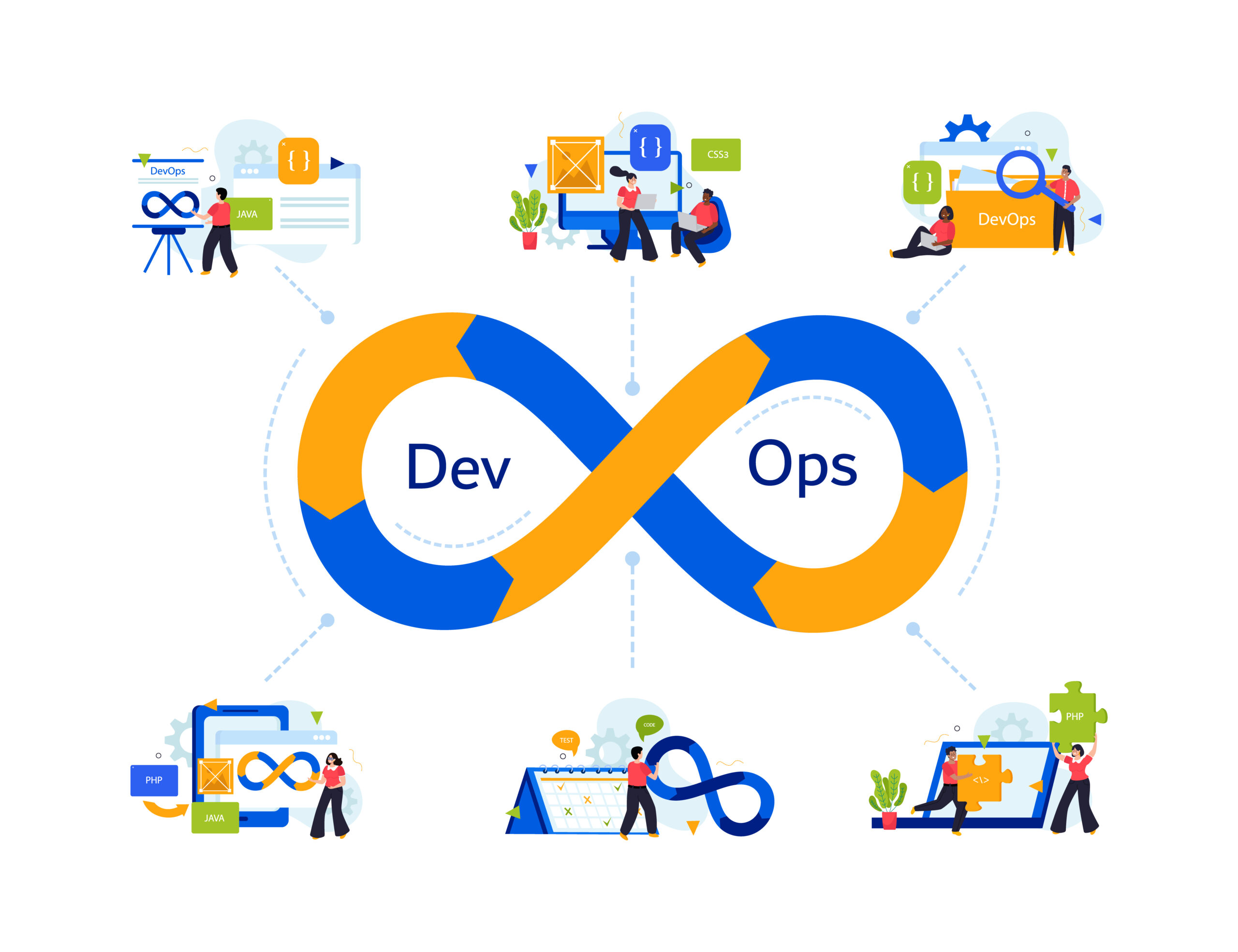In the ever-evolving landscape of software development and IT operations, businesses are constantly seeking ways to enhance their competitiveness and achieve operational excellence. DevOps, short for Development and Operations, is a transformative approach that has gained widespread adoption for its ability to accelerate product development, improve reliability, and reduce costs. In this article, we will delve into the myriad benefits of DevOps, exploring how it can revolutionize your business and pave the way for efficiency and innovation.
Reduced Monthly Bills
One of the immediate benefits of implementing DevOps practices is the potential for reduced monthly operational costs. By streamlining development and operations, automating tasks, and optimizing infrastructure, businesses can eliminate unnecessary expenditures, ultimately leading to cost savings.
Accelerate Product Time to Market
In today’s fast-paced market, speed matters. DevOps facilitates rapid development and deployment of software, reducing the time it takes to bring new products or features to market. This agility allows businesses to respond quickly to customer demands and gain a competitive edge.
Free Up Time for Creative Work
DevOps automates routine, repetitive tasks, freeing up valuable time for your IT and development teams to focus on more creative and strategic initiatives. This not only boosts employee satisfaction but also fosters innovation within your organization.
Regularly Tracked KPIs
Key Performance Indicators (KPIs) are essential for assessing the health and performance of your IT operations. DevOps provides the tools and practices needed to regularly track KPIs, ensuring that you have real-time insights into your systems, applications, and processes. This data-driven approach allows for informed decision-making and continuous improvement.
Stability, Reliability, and Scalability
DevOps practices emphasize stability and reliability. By implementing robust testing, monitoring, and automation, businesses can enhance the stability and reliability of their systems. Furthermore, DevOps enables scalability, allowing organizations to seamlessly expand their infrastructure and services as demand grows.
Reduced Downtime and Failures
Downtime and system failures can be costly and damaging to a business’s reputation. DevOps practices aim to minimize downtime and failures through proactive monitoring, automated testing, and rapid recovery mechanisms. This results in improved system availability and a better user experience.
Swift Bug Fix
Bugs and issues are an inevitable part of software development. DevOps ensures that bugs are identified and addressed swiftly. Automated testing and continuous integration catch issues early in the development cycle, enabling faster bug fixes and reducing the impact on end-users.
Faster Deployment Cycle
DevOps accelerates the deployment cycle, allowing businesses to release updates, features, and improvements more frequently. This rapid deployment not only keeps your software current but also enables you to gather user feedback and make continuous enhancements.
Conclusion
The benefits of DevOps are far-reaching, touching nearly every aspect of your IT operations and business outcomes. By embracing DevOps, you can reduce operational costs, accelerate time to market, unleash creativity, track performance with precision, enhance stability and reliability, minimize downtime and failures, swiftly address bugs, and speed up your deployment cycle.
As you embark on your DevOps journey, it’s essential to remember that DevOps is not a one-size-fits-all approach. The specific benefits you realize will depend on your organization’s unique goals and challenges. Whether you’re a startup striving for rapid growth or an enterprise seeking to optimize operations, DevOps is a roadmap to efficiency and innovation that can be tailored to your needs. It’s a journey that empowers your teams, improves your products, and positions your business for long-term success in the dynamic world of technology.



